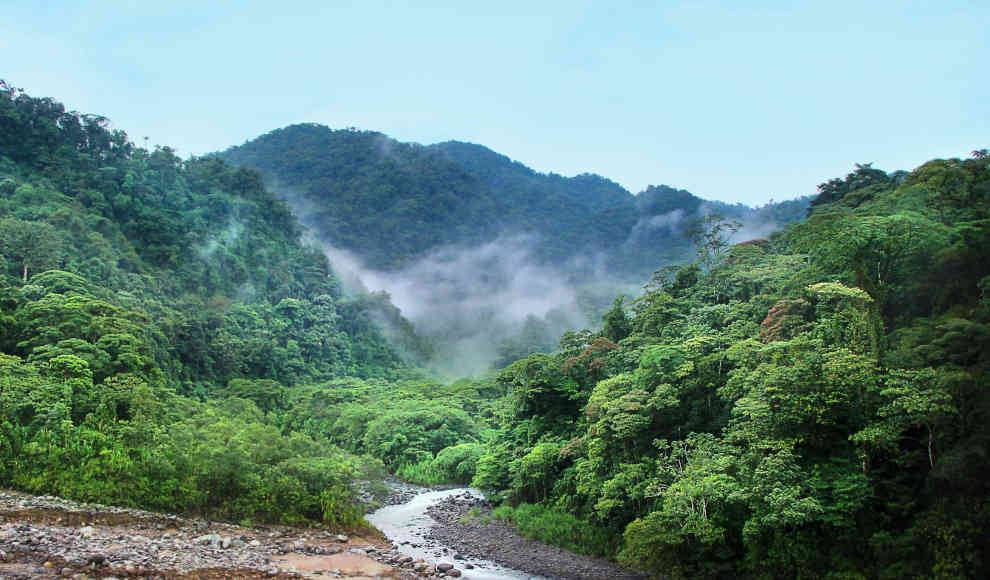Tropical regions have been found to emit more CO2 than they absorb through photosynthesis, according to a study by the University of Edinburgh. The cause of this phenomenon is not yet clear, but it is believed that increased human land use may be responsible. The study used two independent satellite measurement series, as well as additional satellite data, to calculate the global CO2 balance of the tropics. The results showed that in 2015 and 2016, tropical regions had a positive CO2 balance, emitting more CO2 than they absorbed. The most significant emissions were found in African tropical regions, followed by South America, Asia, and Australia.
The study challenges the assumption that tropical rainforests are reliable CO2 sinks, removing the greenhouse gas from the atmosphere and having a negative CO2 balance. The research team was surprised by the results, which showed that some tropical regions had a positive CO2 balance. The scientists are now conducting a detailed analysis of African tropical regions to determine the cause of the positive CO2 balance. They suspect that the combination of drought and increased land use for agriculture may be responsible. However, this is still speculation, and it is not yet clear whether the regions’ positive CO2 balance is a short-term or long-term effect.
The findings of this study have significant implications for climate change mitigation efforts. If tropical regions are no longer reliable CO2 sinks, it will be more challenging to reduce global CO2 emissions. The study highlights the need for further research into the causes of the positive CO2 balance in tropical regions and the potential long-term effects on the Earth’s CO2 balance.










